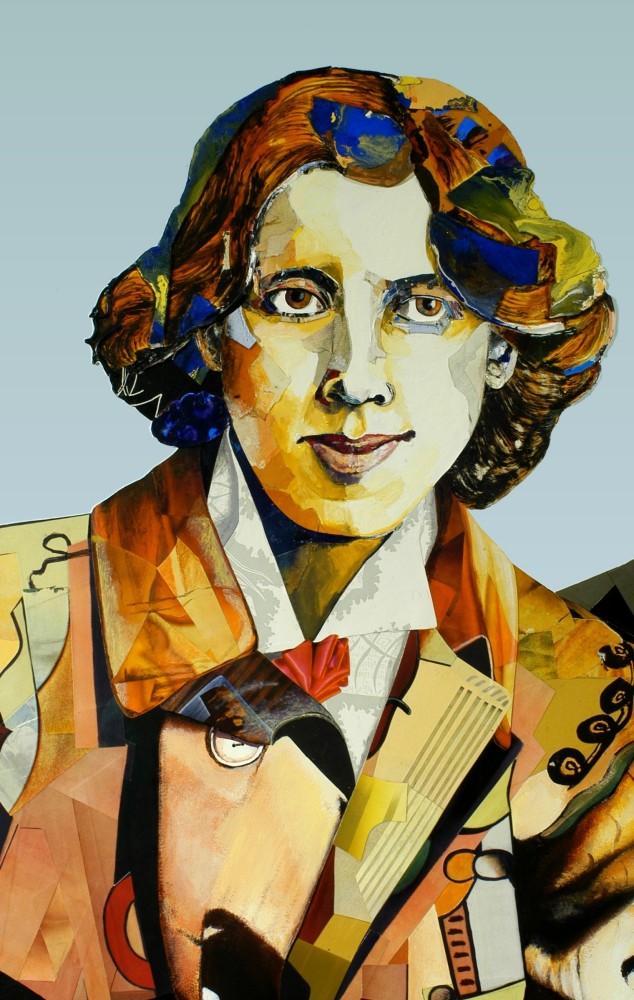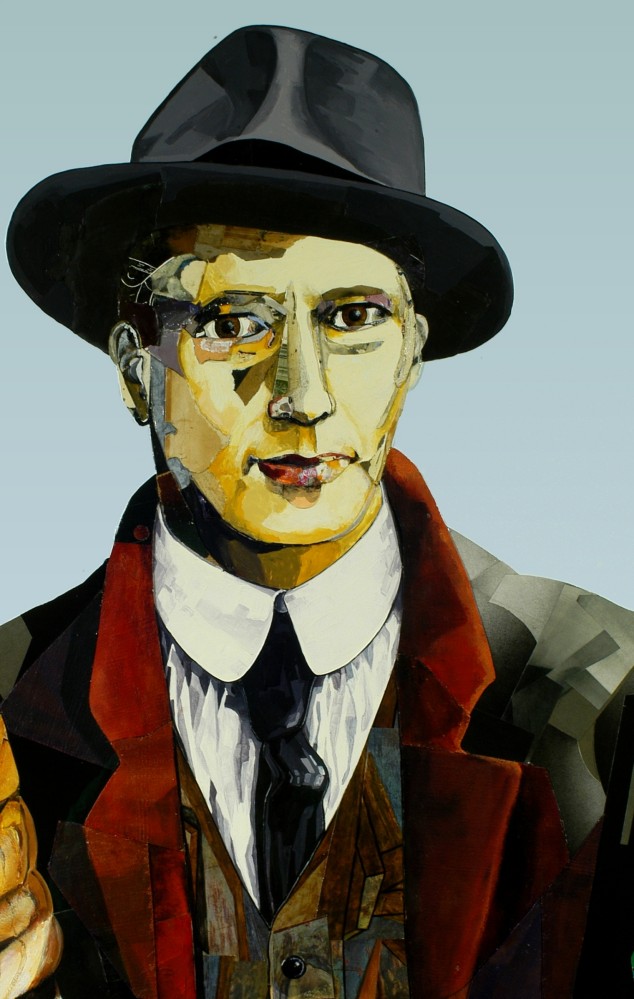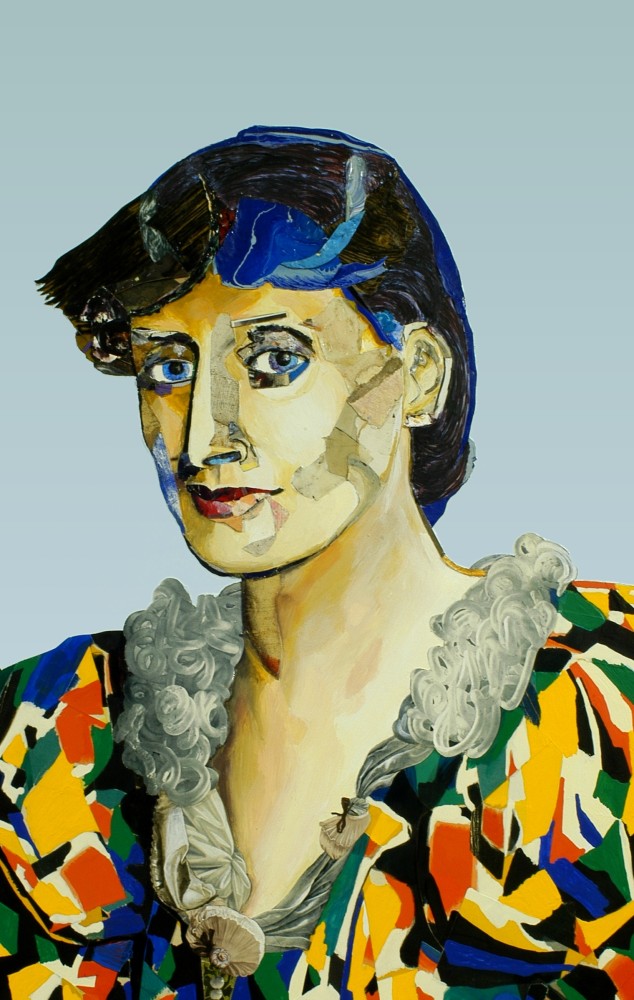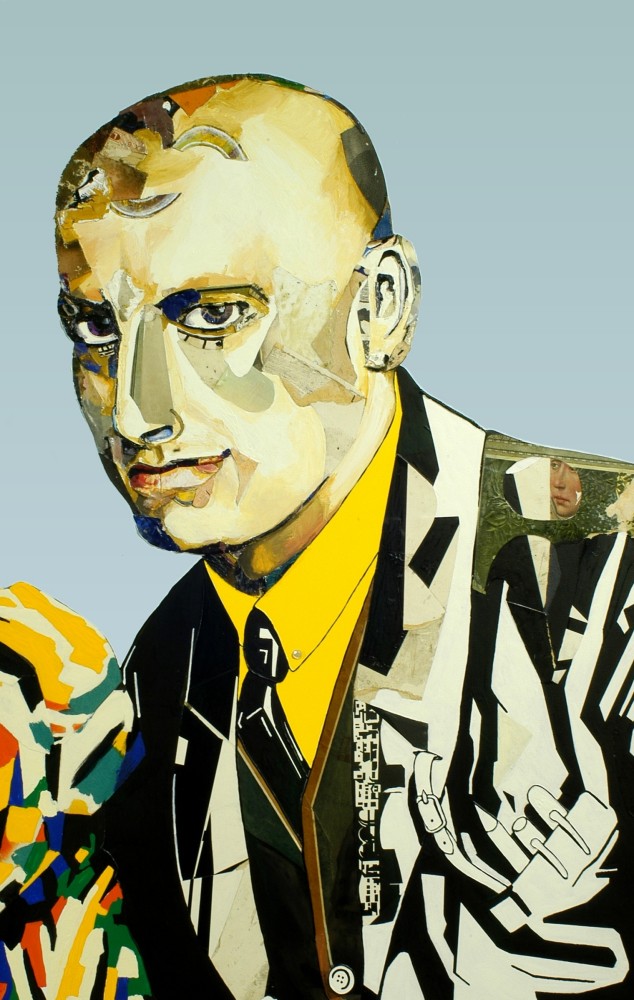Revolutionaire persoonlijkheden
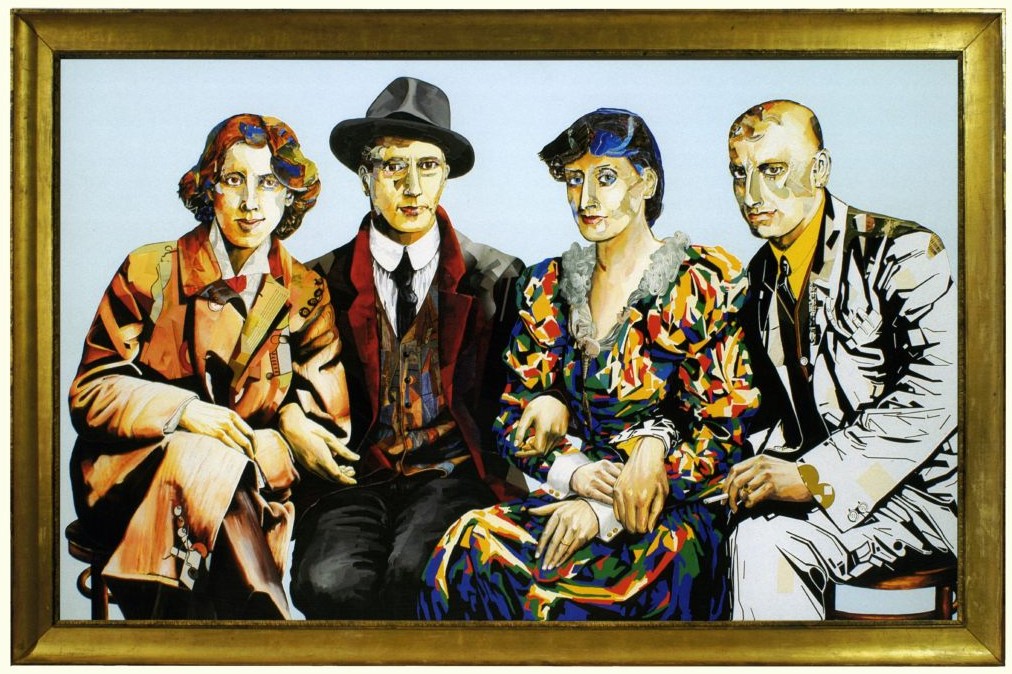
OSCAR WILDE
![]() Playwright, poet, philosopher, art lover, flamboyant figure. He was the flagship of aestheticism and achieved tremendous success with his plays, such as “The Importance of Being Ernest”, which are still being performed to this day. His one-liners are relevant even now.
Playwright, poet, philosopher, art lover, flamboyant figure. He was the flagship of aestheticism and achieved tremendous success with his plays, such as “The Importance of Being Ernest”, which are still being performed to this day. His one-liners are relevant even now.
![]() Toneelschrijver, dichter, filosoof, kunstminnaar, flamboyant. Hij was het vlaggenschip van het estheticisme en bereikte enorme successen met zijn toneelstukken die nog steeds uitgevoerd worden zoals “The importance of being Ernest”. Zijn oneliners zijn nog steeds actueel.
Toneelschrijver, dichter, filosoof, kunstminnaar, flamboyant. Hij was het vlaggenschip van het estheticisme en bereikte enorme successen met zijn toneelstukken die nog steeds uitgevoerd worden zoals “The importance of being Ernest”. Zijn oneliners zijn nog steeds actueel.
ANDRE GIDE
![]() One of the most important authors of his time, wrote the first modern novel and is seen as a champion of freedom, emancipation and the struggle for intellectual honesty. He puzzled over issues of belief, was a moralist and continued where Desiderius Erasmus left off. He received the Nobel Prize for Literature in 1947 and, in 1952, the Roman Catholic Church put his work on the list of forbidden books.
One of the most important authors of his time, wrote the first modern novel and is seen as a champion of freedom, emancipation and the struggle for intellectual honesty. He puzzled over issues of belief, was a moralist and continued where Desiderius Erasmus left off. He received the Nobel Prize for Literature in 1947 and, in 1952, the Roman Catholic Church put his work on the list of forbidden books.
![]() Een van de belangrijkste schrijvers van zijn tijd, schreef de eerste moderne roman en wordt beschouwd als een onderzoeker van vrijheid, emancipatie en van het streven naar intellectuele eerlijkheid. Hij brak zijn hoofd over geloofskwesties, was een moralist en ging verder waar Desiderius Erasmus is gestopt. Hij ontving de Nobelprijs voor literatuur in 1947 en in 1952 zette de Rooms-katholieke kerk zijn werk op de lijst van verboden boeken.
Een van de belangrijkste schrijvers van zijn tijd, schreef de eerste moderne roman en wordt beschouwd als een onderzoeker van vrijheid, emancipatie en van het streven naar intellectuele eerlijkheid. Hij brak zijn hoofd over geloofskwesties, was een moralist en ging verder waar Desiderius Erasmus is gestopt. Hij ontving de Nobelprijs voor literatuur in 1947 en in 1952 zette de Rooms-katholieke kerk zijn werk op de lijst van verboden boeken.
VIRGINIA WOOLF
![]() An important feminist, one of the greatest innovators in the English language, who experimented with the possibilities of a fragmented narrative structure and chronology and who wrote about the underlying emotional and psychological motives of the characters populating her novels.
An important feminist, one of the greatest innovators in the English language, who experimented with the possibilities of a fragmented narrative structure and chronology and who wrote about the underlying emotional and psychological motives of the characters populating her novels.
![]() Belangrijk feministe, een van de grootste vernieuwers in het Engelse taalgebied die experimenteerde met de mogelijkheden van een verbrokkelde vertelstructuur en chronologie en die schreef over de onderliggende emotionele en psychologische motieven van haar romanfiguren.
Belangrijk feministe, een van de grootste vernieuwers in het Engelse taalgebied die experimenteerde met de mogelijkheden van een verbrokkelde vertelstructuur en chronologie en die schreef over de onderliggende emotionele en psychologische motieven van haar romanfiguren.
VLADIMIR MAJAKOVSKI
![]() A Russian poet and playwright, one of the most important representatives of Futurism. He changed the perception of poetry in 20th-century culture. His style was way ahead of its time and is still considered to be extremely modern. Characteristic of futurism – also where other artistic expression is concerned – is that what is now seen as innovative actually stems from futurism.
A Russian poet and playwright, one of the most important representatives of Futurism. He changed the perception of poetry in 20th-century culture. His style was way ahead of its time and is still considered to be extremely modern. Characteristic of futurism – also where other artistic expression is concerned – is that what is now seen as innovative actually stems from futurism.
![]() Een Russische dichter en toneelschrijver, een van de belangrijkste vertegenwoordigers van het Futurisme. Hij heeft de perceptie van de poëzie in de 20e eeuwse cultuur veranderd. Hij was wat stijl betreft zijn tijd ver vooruit en wordt nu nog steeds als uiterst modern beschouwd. Kenmerkend voor het futurisme ook wat andere kunstuitingen betreft, is dat wat nu als vernieuwend beschouwd wordt, feitelijk uit het futurisme voortkomt.
Een Russische dichter en toneelschrijver, een van de belangrijkste vertegenwoordigers van het Futurisme. Hij heeft de perceptie van de poëzie in de 20e eeuwse cultuur veranderd. Hij was wat stijl betreft zijn tijd ver vooruit en wordt nu nog steeds als uiterst modern beschouwd. Kenmerkend voor het futurisme ook wat andere kunstuitingen betreft, is dat wat nu als vernieuwend beschouwd wordt, feitelijk uit het futurisme voortkomt.
PROLOGUE
![]() “Revolutionary personalities” is the theme of this work.
“Revolutionary personalities” is the theme of this work.
Revolutionary in the sense of a shift. A shift that still plays a role today.
In this painting, I have constructed realism in such a way that if you look from a distance your eyes see a familiar picture. If you walk towards the work, reality slips away and you don’t actually realise that you perceive it as realism. It’s this contrariety that fascinates me.
It’s like a way of writing: You pull words apart, insert strange words and create a new point of view.
With this work, I’m demanding more of the observer than with many of my previous works, as seeing reality is often more difficult: You might stop looking because it approaches reality, which you think you recognise. If you look superficially at the people in this work, then you completely miss the depth I’ve given them. You have to read it. This is a novel.
Writers are storytellers. What I want to tell in this work is that the many pieces in the faces make up the people’s skin and make the work three dimensional in an emotional sense. You can read it.
The abstraction lies not in the way I’ve portrayed these people, but in the way they think, which I have worked into their clothing and approached in a totally different way for each person.
PROLOOG
![]() “Revolutionaire persoonlijkheden” is het thema van dit werk.
“Revolutionaire persoonlijkheden” is het thema van dit werk.
Revolutionair in de zin van een ommekeer. Een ommekeer die ook nu nog steeds een rol speelt.
Ik heb in dit schilderij het realisme op zo’n manier opgezet dat als je er naar kijkt op afstand, je ogen een vertrouwd beeld zien. Maar als je naar het werk toeloopt, vervreemdt de realiteit en snap je eigenlijk niet dat je het als realisme waarneemt. Het is dit spanningsveld dat me fascineert.
Het is als een schrijfwijze: je trekt woorden uit elkaar, je stopt er vreemde woorden tussen en je krijgt een nieuw gezichtspunt.
Van de toeschouwer van dit werk vraag ik meer dan in veel van mijn voorgaande werken omdat de werkelijkheid zien vaak moeilijker is: je kunt ophouden met kijken omdat de realiteit benaderd wordt en je denkt deze te kennen.
Als je oppervlakkig naar de persoonlijkheden op dit werk kijkt dan mis je de diepgang die ik ze heb gegeven volledig. Je moet ze lezen. Dit is een roman.
Schrijvers zijn vertellers. Ik wil met dit werk vertellen: de vele stukjes in de gezichten vormen de huid van de personen en maakt het werk driedimensionaal in emotionele zin. Je kunt ze lezen.
De abstractie zit niet in de manier waarop ik deze persoonlijkheden heb weergegeven maar in hun denkwereld die ik in de kleding heb verwerkt en voor elke persoon totaal verschillend heb benaderd.
![]()
Sold-Verkocht
Werk / Work 2010
Oscar Wilde – André Gide – Virginia Woolf – Vladimir Majakovski
Afmeting schilderij 155 x 245 cm Mixed media Lijst is verguld, periode ± 1870

